Cartoonist Box Brown has tackled epic subjects with a light touch before. His comics biography of iconic professional wrestler Andre the Giant earned him a place on the New York Times bestseller list. He followed that success with books on the complicated history of the video game classic, Tetris, and the outlandish antics of comedy legend, Andy Kaufman. This month, First Second Books released his latest work, Cannabis: The Illegalization of Weed in America.
In it, Brown traces the misguided history of cannabis laws through the plant’s history as a sacred part of Hindu religious practice, through its cultivation by Spanish conquistadors in Mexico, to the racial scapegoating of immigrant and minority communities that played an undeniable part in American cannabis prohibition.
Brown sees the graphic novel as an especially effective medium for delivering complicated information. “I think comics lends itself to telling these kind of sore, difficult subjects, in a way that makes them digestible,” says Brown. “It’s challenging, but it helps me kind of understand things, to make it into a comic book. I try to use that to tell the story and help the reader understand. I feel like I’m teaching myself these things as I’m making them.”
He’s got some personal experience with cannabis, too. As a Philadelphia teen he was arrested for possession, an ordeal that followed him for years and piqued his interest in the dubious reasoning behind America’s War on Drugs. Now, cannabis is a balm to Brown, and a useful tool that helps him focus in an exacting creative field. “I find it to be helpful, just in terms of my everyday life,” says Brown. “And cartooning is a big part of that.”
We chatted with Brown about the troubling origins of cannabis prohibition in the United States, the ruinous legacy of Harry J. Anslinger, and the challenge of shaping a vast history into one coherent story.
How much of this story did you know before you started the project, versus stuff you learned in the process of writing?
I did know a lot about today, and how people of color are disproportionately affected by drug laws. It was somewhat surprising at first, but then it made sense, [to learn that] the purpose of the laws were all about racial oppression from the beginning. So they were sort of functioning as they were supposed to. I have been following this for most of my adult life, but there were a lot of little nuances and factoids that I picked up during my research that were shocking.
As opposed to something like a biography, with a set beginning, middle, and end, was it difficult was to structure this sprawling story?
Oh, yeah. Where do I start the story? Do I start it eighty-three years ago when prohibition happened? Do I start it at the beginning of time? And where do I end the story? Because it’s not over yet. As I much as I wanted to focus in on the legalization process that’s going on, the logistics of making a book mean it would take a year at least, from me just drawing it to the book coming out. So anything I wrote about legalization would be outdated. I had to deal with that.
Where medical cannabis began, I kind of saw the beginning of my ending. Even though this legalization process has been an extended push and pull, even as it seems like it’s going to happen any day now.
1930s U.S. Treasury official Harry J. Anslinger emerges as the most significant villain in your story. It seems reductive to say that this guy is to blame for everything…but is that too simple? Is he to blame?
I mean, it’s hard to say that it just was him. He had a lot of people helping him out, and an entire arm of the government listening to every word he said and spreading the word via mass media. It was parroted and repeated by thousands of people across the country for decades. But I mean, his efforts had a real effect that spread throughout the decades to Nixon, Reagan, the Clintons and beyond, today. This is what happens when people in power are making decisions, it has colossal effects.
If we do nationally legalize, and the stated reason are for health, lifestyle, tax revenue…but lose sight of the fact that prohibition laws started as straight-up race panic, did we learn anything?
I think that there are ways to make it right, that we probably won’t do, because we don’t fucking do shit like that. [laughs] We don’t learn our lessons about anything. But, I think that people who were in jail for growing cannabis can be given special privilege in the market. I mean, why do we not reward people who have the knowledge and the knowhow to create, who actually did research and development that companies like Cresco and Moxie are profiting off of now.
Why should we give them the licenses and not the people that are in jail now for having grow houses, and figured out how to do create hash oil and figured out how to make rosin. All that stuff came out of black market, none of that stuff was figured out by these big companies. We’re all about rewarding innovation in this country. So we need to do that.
I think that the best, most equitable thing we could do is legalize immediately, and then take our time, separately, setting up the sales aspect. Then we’d see more equitable legalization that’s not punitive.
It’s a recurring theme in the book that people, both government officials and the general public, seem to believe sensational stories about pot, and then reject the proof of the studies that contradict them. Why do you think that is?
It’s cannabis denialism, it’s the same as climate change denialism and things like that. The anti-vax movement is no different than this. It’s just that this has been illegal for eighty-three years and no one ever went to fix it, even though there’s been a million reasons to legalize over the last eighty-three years. I mean, we fixed our mistake with the prohibition of alcohol. We made two amendments to the constitution for alcohol, before we even reached cannabis!
The sad thing is, what’s tilting the scale is people realizing there’s more money in taxing and sales than there is in incarceration. Which is sad. But I think people are learning. The exposure is helping. People coming out of the closet about the fact that they use cannabis is helpful. Anything to reduce the stigma.
People who don’t know much about cannabis are the ones who really need to know the history the book lays out, but do you think that people with the pre-existing interest in cannabis are the ones who might be more likely to gravitate to it?
When the book was announced, one of my readers, who maybe was just a wrestling fan and had read the Andre the Giant book, saw it and said, “I will probably disagree with everything in this book, but I will read it anyway, because I’m a fan of yours.” I told him, “This book is for you!”
But I know what you mean.
I think that all we can do is keep telling the story to whoever will listen. Even if that means somebody that was already kind of on our side and it pushes them over to all the way on our side, then that’s fine. It’ll make these people from somewhat interested to an enthusiast to an evangelist for legalization then that’s helpful.
When did you decide that this was the next story you needed to tell?
I pitched it to my publisher in a big grouping of ideas right after the Andre the Giant book. As soon as I had their ear, this is one of the first stories I wanted to tell. It was interesting to me though, that three years later, my editor was looking back at all these suggestions I had, and she was like, “Well, what about this weed book?” I think that says a lot about where society has come that my publisher is now ready to tell this story.
Honestly, watching the Pennsylvania cannabis hearings on C-SPAN was like watching a bunch of people who had never seen baseball be the umpires of a baseball game. It was so maddening. There was something in there that kind of made me really start paying attention to the entire legalization process, because it was just so wild watching it in real time.
It does seem especially surreal that we need to keep fighting against, basically, rumors from the 1930s.
They keep getting brought up, over and over again. Like constantly, every six months for the last eighty years!
Will the people growing up now, with vastly different context for cannabis, be the ones who can finally bury this cycle of recurring bad info?
I think they will maybe have more direct knowledge than previous generations. I think also there’s a lot being done within the industry to change the stereotypes. This happens in comics too. Lots of people are intimidated walking into a comic shop, because there are so many things to choose from, you’re thinking that the person working there is going to make fun of you for not knowing enough about it.
That kind of happens when you get in a cannabis store, too. There’s so much, you’re a noob or something, it can feel intimidating. It’s like the Comic Book Guy on The Simpsons. You want to avoid the Comic Book Guy mentality.
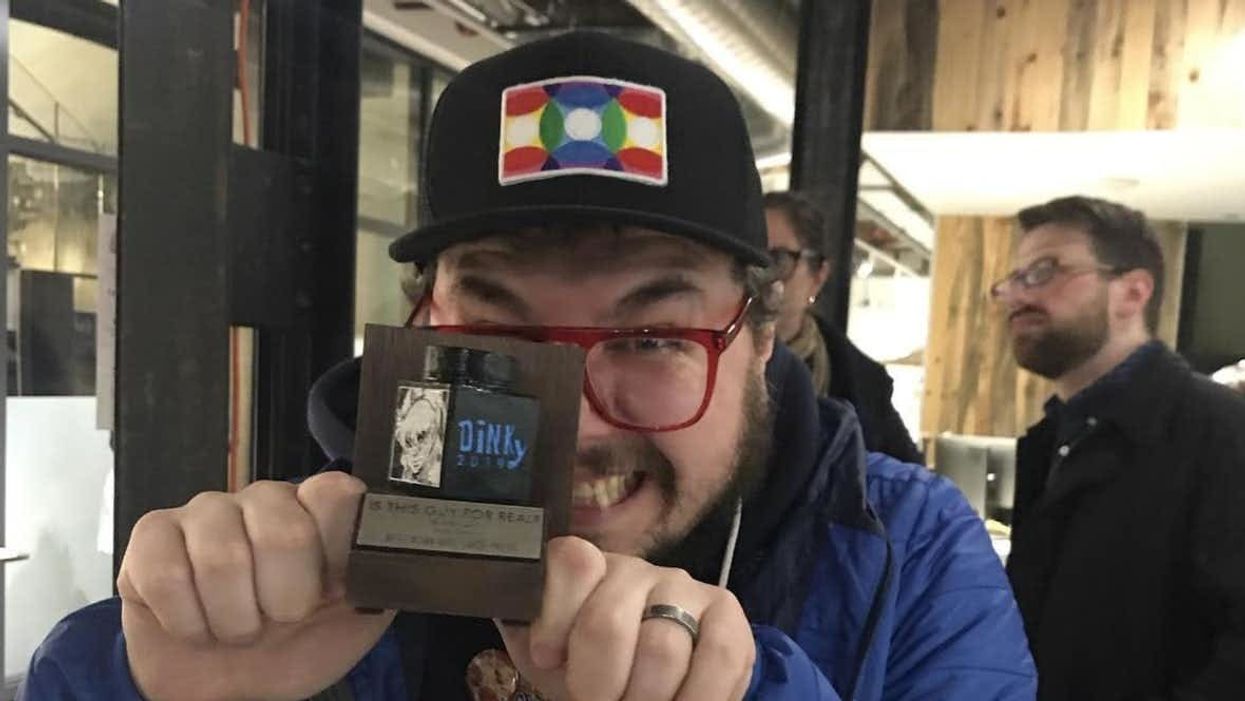

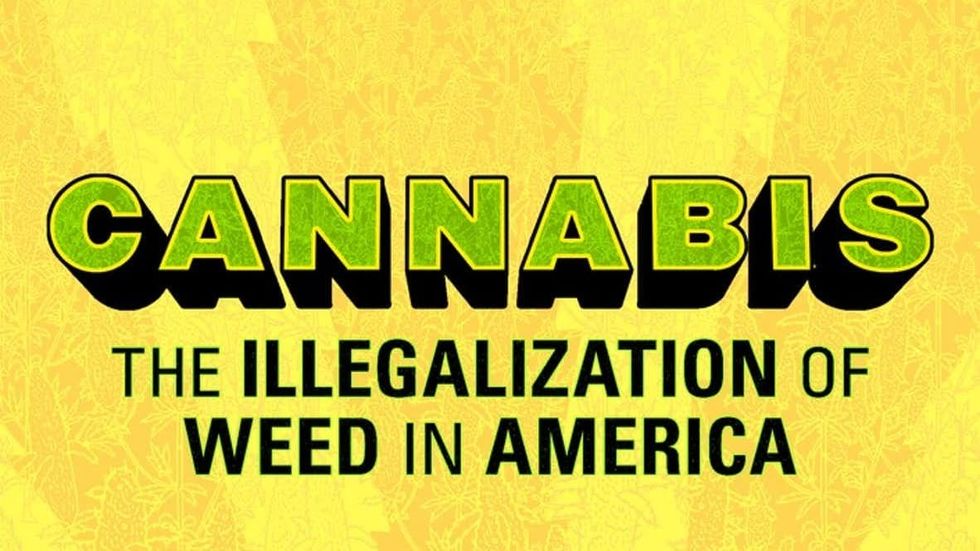


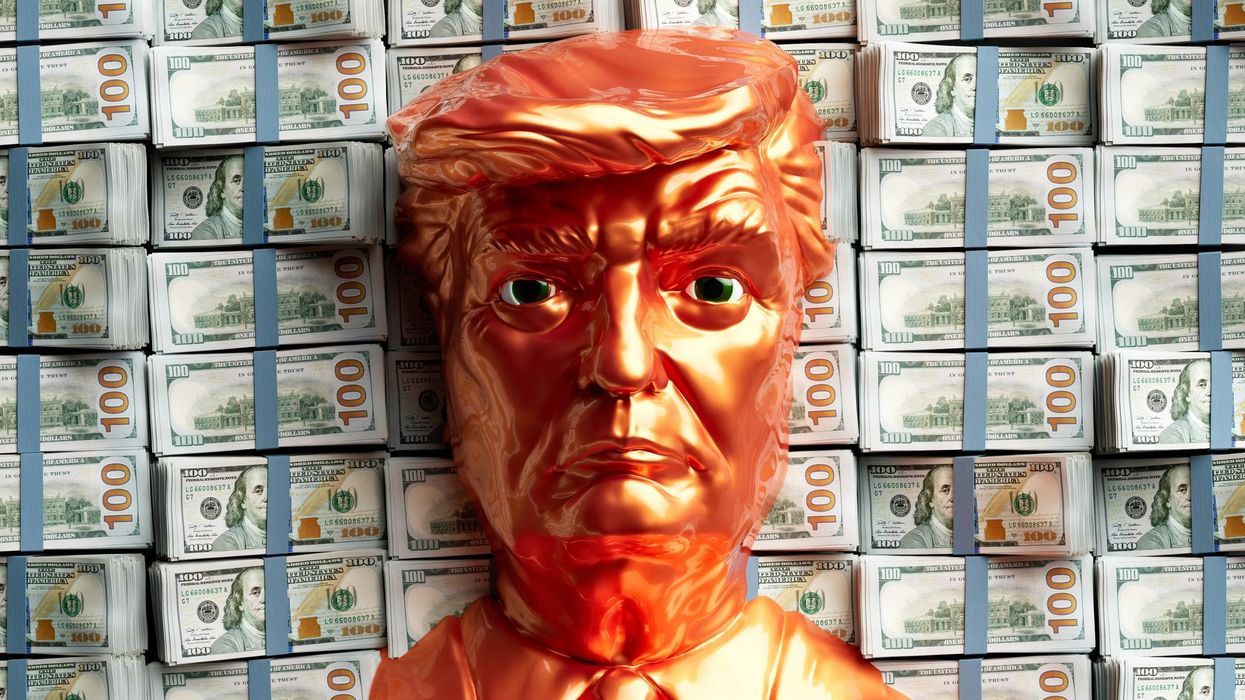


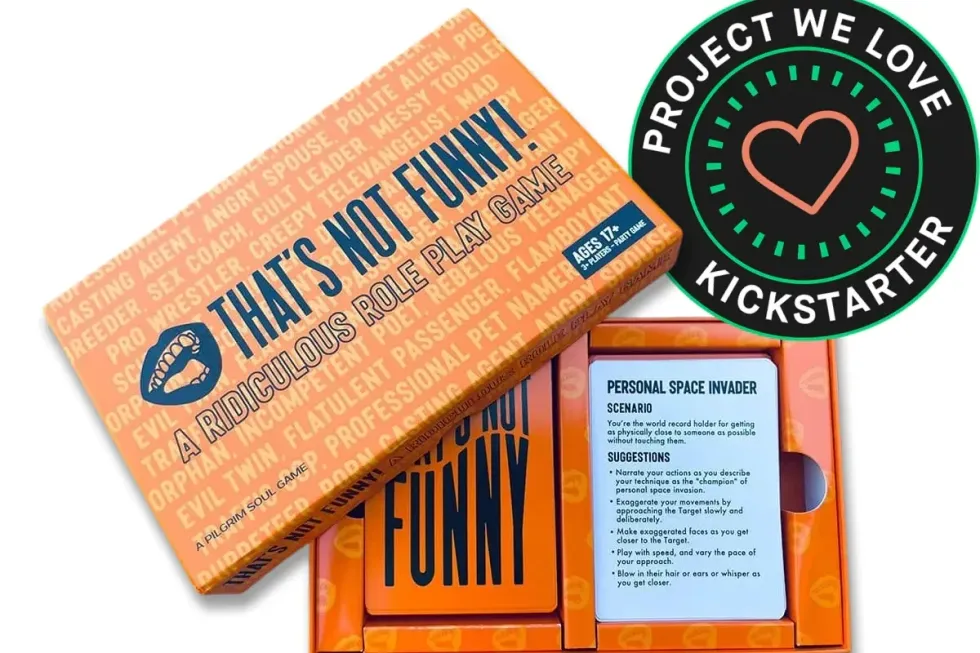


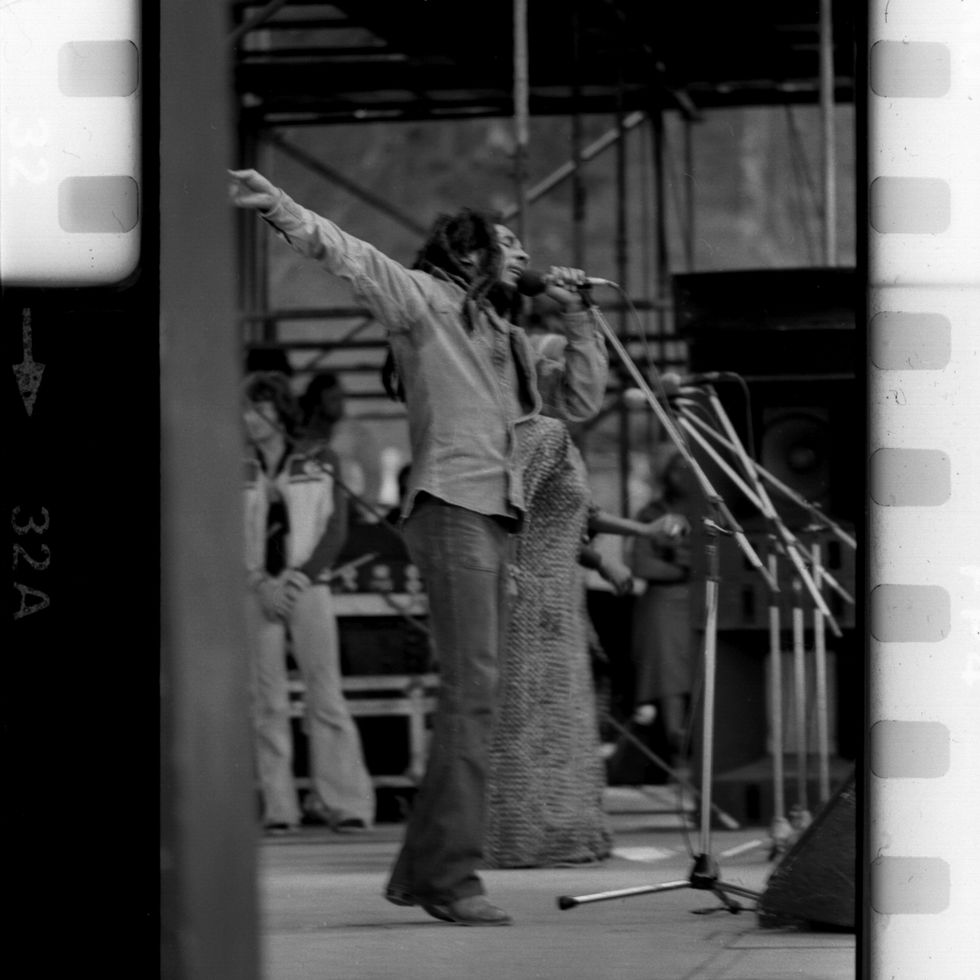 Best Weed Smoking Games to Try - Jammin'
Best Weed Smoking Games to Try - Jammin'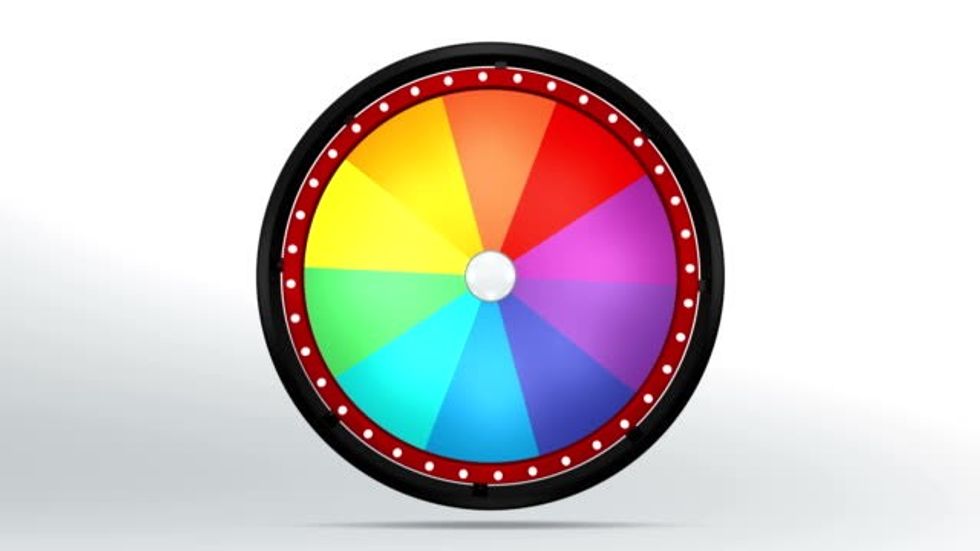 The 31 Best Weed Smoking Games To Try
The 31 Best Weed Smoking Games To Try The Best Weed Smoking Games
The Best Weed Smoking Games The Best Weed Smoking Games to Try
The Best Weed Smoking Games to Try
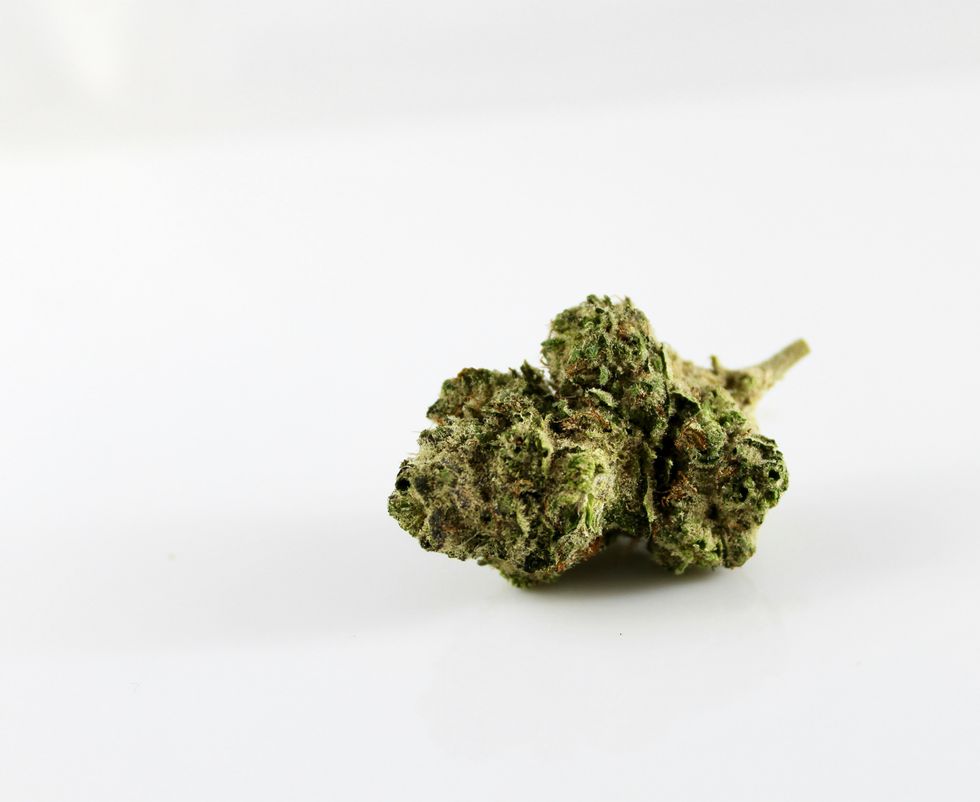
 Stoner Games - Games to Play While High
Stoner Games - Games to Play While High The Best Weed Smoking Games to Play
The Best Weed Smoking Games to Play The Best Weed Smoking Games to Try
The Best Weed Smoking Games to Try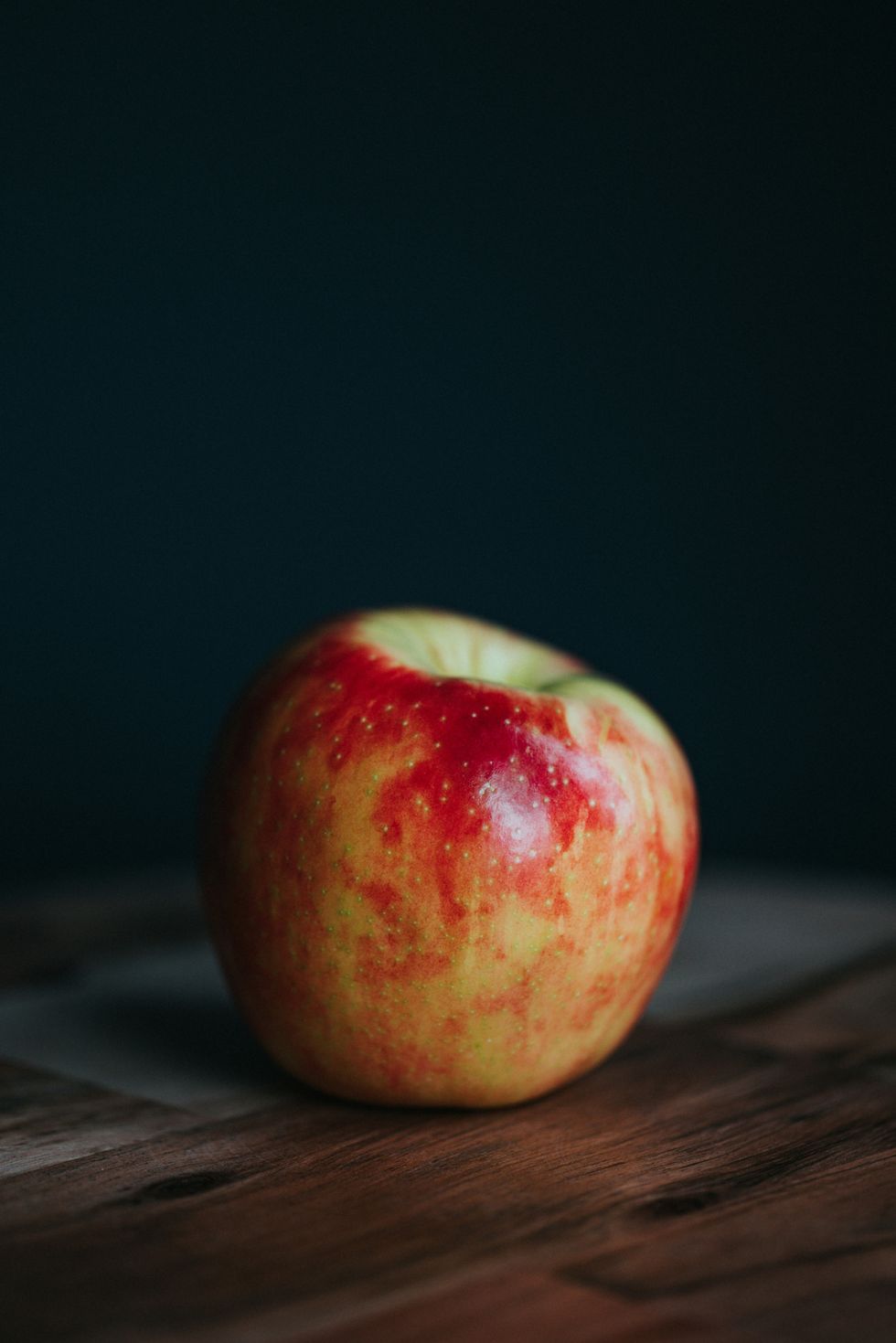
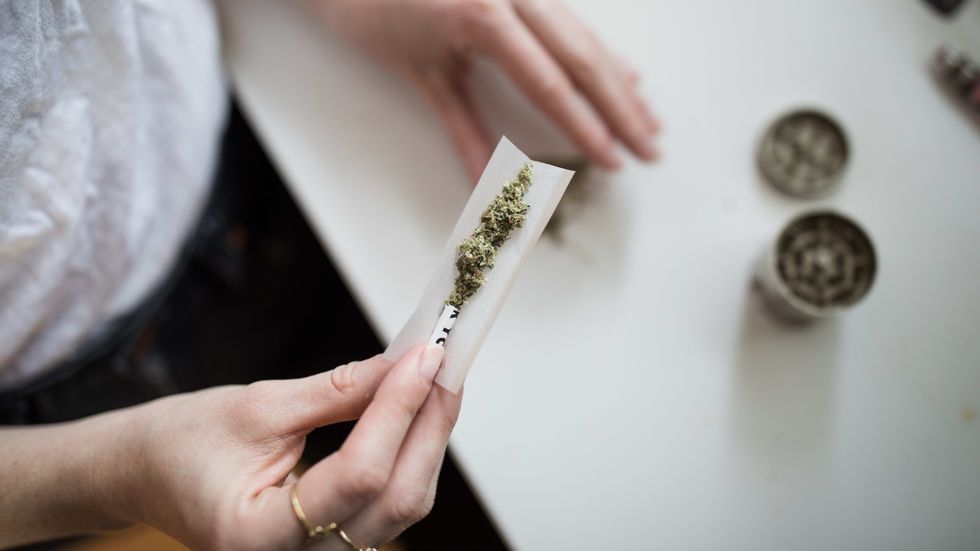 The Best Weed Smoking Games to Try
The Best Weed Smoking Games to Try
 The Best Weed Smoking Games to Play
The Best Weed Smoking Games to Play The Best Weed Games to Play
The Best Weed Games to Play The Best Weed Smoking Games to Try
The Best Weed Smoking Games to Try The Best Weed Smoking Games to Play
The Best Weed Smoking Games to Play The Best Weed Smoking Games to Try
The Best Weed Smoking Games to Try Games for Stoners
Games for Stoners 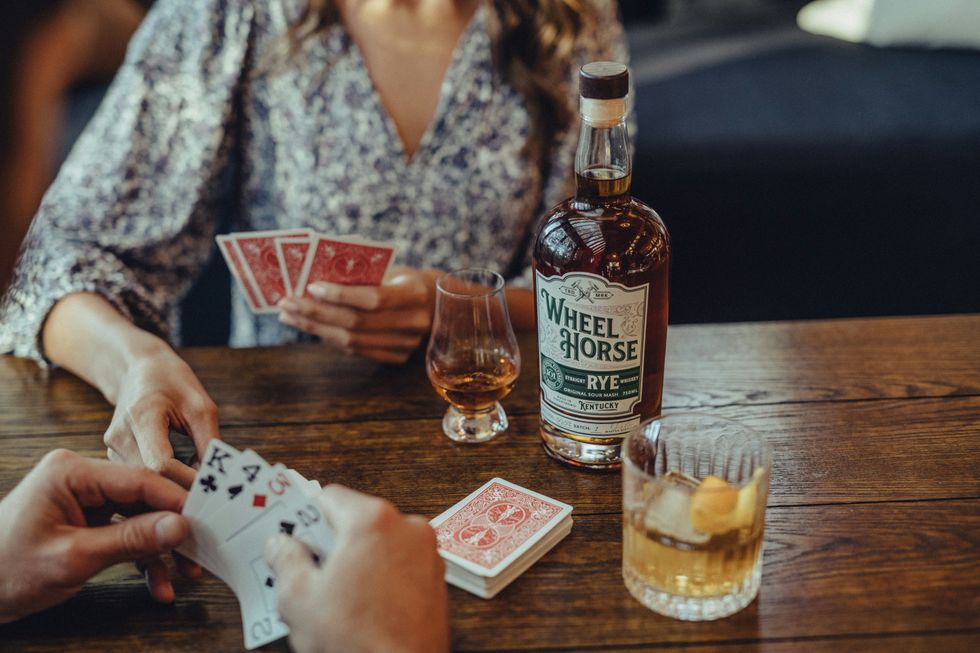 woman in white and blue floral shirt sitting beside woman in white and black floral shirtPhoto by
woman in white and blue floral shirt sitting beside woman in white and black floral shirtPhoto by 
 The Best Weed Smoking Games to Play
The Best Weed Smoking Games to Play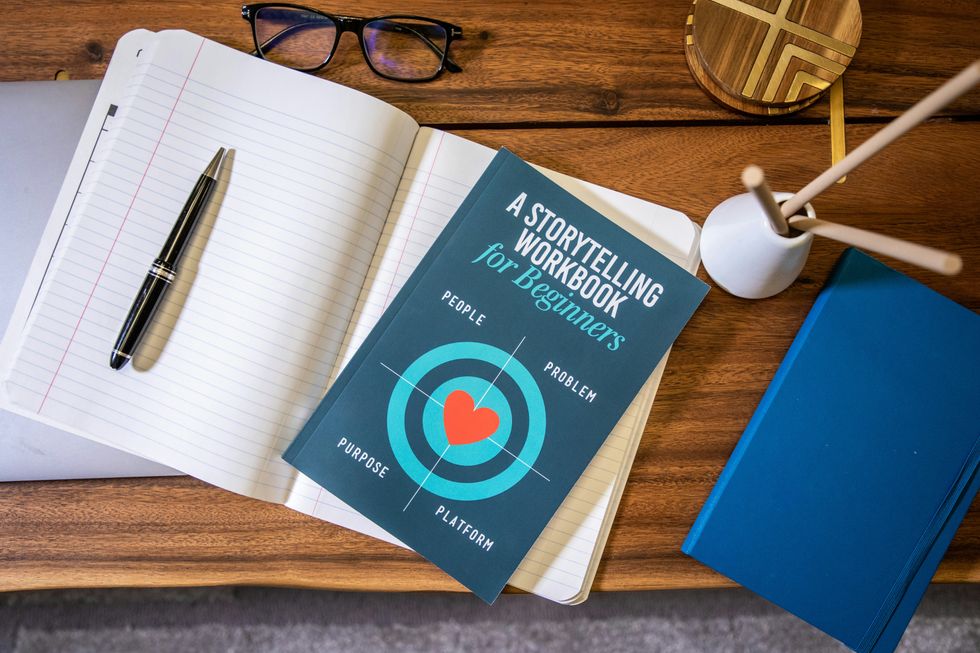
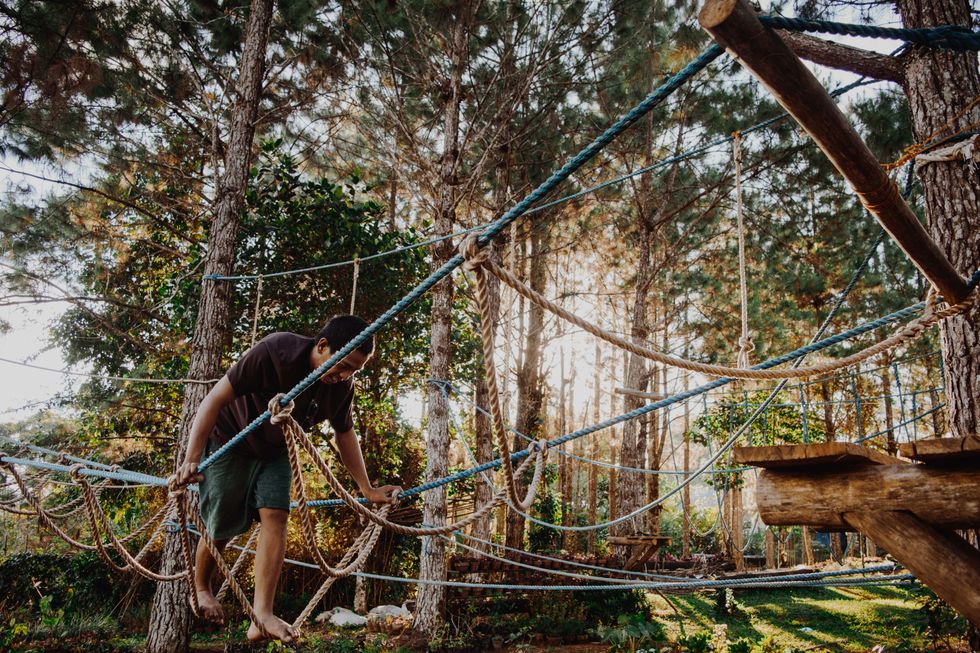 The Best Weed Smoking Games to Try
The Best Weed Smoking Games to Try The Best Weed Smoking Games to Try
The Best Weed Smoking Games to Try world map with pinsPhoto by
world map with pinsPhoto by 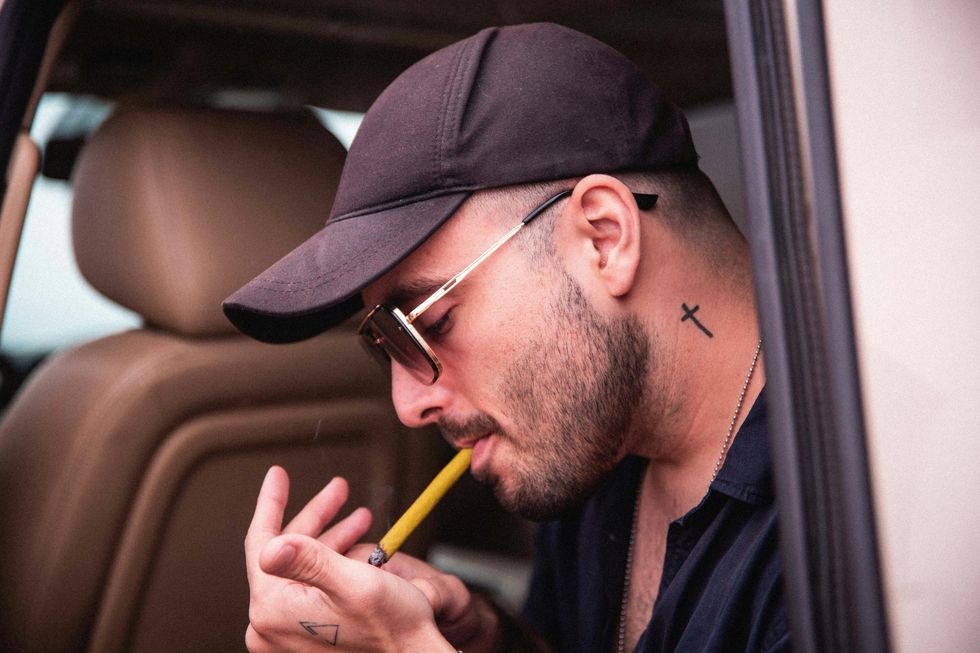
 The Best Weed Smoking Games to Try
The Best Weed Smoking Games to Try






 Can Drug Dogs Smell Edibles? - The Bluntness
Photo by
Can Drug Dogs Smell Edibles? - The Bluntness
Photo by  Can Drug Dogs Smell Edibles? - The Bluntness
Photo by
Can Drug Dogs Smell Edibles? - The Bluntness
Photo by 

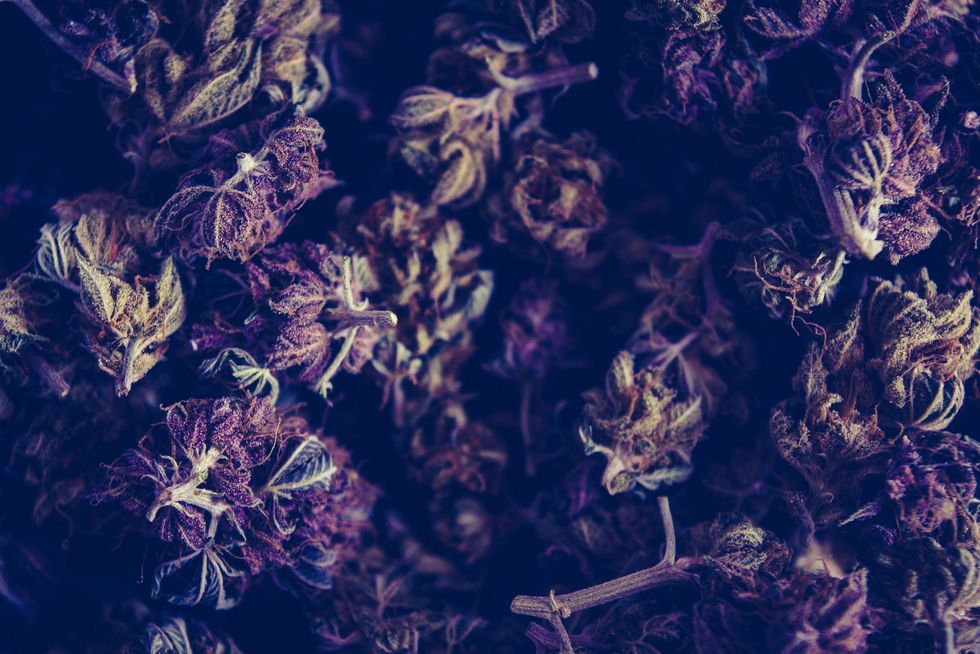 What is reggie weed? - The Bluntness
Photo by
What is reggie weed? - The Bluntness
Photo by 
 What will you do with that cannabis kief collection? - Make Coffee! The Bluntness
What will you do with that cannabis kief collection? - Make Coffee! The Bluntness DIY: How to Make Kief Coffee - The Bluntness
Photo by
DIY: How to Make Kief Coffee - The Bluntness
Photo by